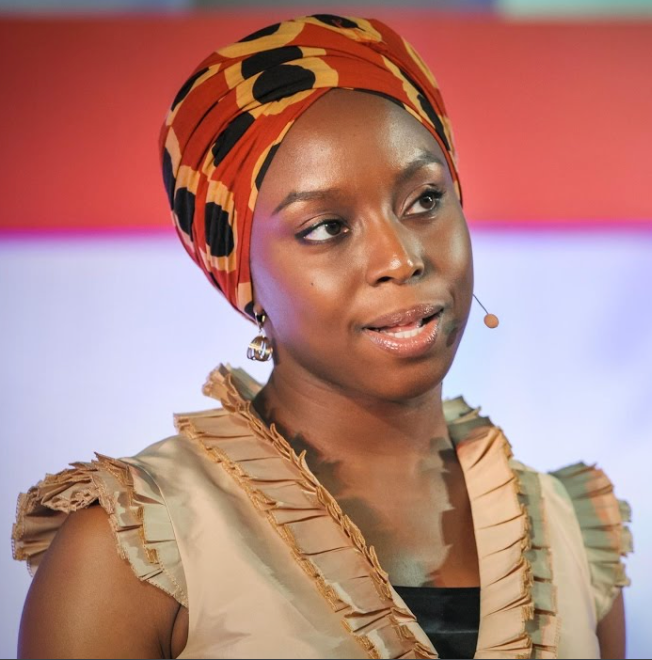Author – A. Davison
When the world locked down due to COVID-19 in 2020, another chapter of the story of race in America was being written on the streets as outrage and sorrow over the senseless police killings of Black men and women galvanized a movement. Many of us at Elmont Memorial rose to meet the moment by coming together on Google Meet to read about and discuss race in America. In this way, the virtual book club was born.
As an English teacher, I have looked for ways to empower young people to see themselves as critical readers and thinkers and as the authors of their own stories. I have had to school myself about literature by authors of color and continuously reevaluate what and how I teach based on the students in the classroom and the cultural context in which we find ourselves. How could I expect students to believe they can author their own stories if all the texts I assigned them were by people who don’t look or sound like them? As department chairperson, I have made it a priority to support English teachers as they reimagine the curriculum and to encourage them to make space for diverse voices. I believe that literature can serve as a window through which students can see the world from the perspective of others, but it should also serve as a mirror in which they can see their own experiences reflected (source: “Windows, Mirrors, and Sliding Doors”).
When the Black Lives Matter movement gained momentum following the killings of Breonna Taylor and George Floyd, students looked to their teachers to see how we would respond, to see if we would “say their names.” This was also a moment that challenged us as educators to look in the mirror ourselves and consider our own stories and the roles we play in the struggle to achieve the “more perfect union” imagined by the framers of the US Constitution. As a member of the faculty book club, I found strength in the connections I made with my colleagues. And sometimes strength gives you the courage to make yourself vulnerable. I reflected on my position and questioned my own assumptions and biases. I also focused on deeply listening to others as they shared their experiences and reexamined their own stories.
In her 2009 TED Talk “The Danger of a Single Story,” Chimamanda Ngozi Adichie reflects on her experiences as a college student in America from Nigeria. Her roommate was surprised to learn that Adichie, like herself, enjoyed the music of Mariah Carey, that she did not grow up in a hut and listen to “tribal music.” But Adichie also demonstrates her own vulnerability by reflecting on how she herself bought into a “single story” about another culture: she had uncritically accepted ugly stereotypes about Mexican Americans as illegal immigrants. For Adichie and her roommate, representations of others were neither windows nor mirrors; they were illusions that perpetuated the image of White mainstream society as superior to other, non-White societies. Adichie teaches us that we are all vulnerable to the danger of a single story, which the book club took as a challenge and a call to action.
About this time a year ago, we agreed that “The Danger of A Single Story” could serve as the igniting spark for our first conversation with the Elmont Memorial community. Mr. Dougherty organized a Google Meet in which students, educators, and parents took turns sharing their perspectives with each other after virtually watching the TED Talk together. I was impressed by the insight that students brought to the discussion. I also valued the connections we made with the families and alumni that joined in. As we discussed next steps, students expressed a desire to broaden the conversation to include students in other schools who might have been told a single story about Elmont and its students. This was an auspicious start for a series of book club-led events to follow.
The challenge of our times is to prepare our students and ourselves for a world that is increasingly culturally diverse while also increasingly divided. Open discussions about race like those the book club engage in can help people come together and develop the capacity to see beyond their own narrow perspectives and interests. We need to become a community of practice dedicated to enacting the changes we want to see. In this way, I believe we can make this union a little more perfect. My experience with the book club has given me hope that we can do hard things, but we have to be willing to put in the work. As Mr. Dougherty says, it’s all about the kazi.
